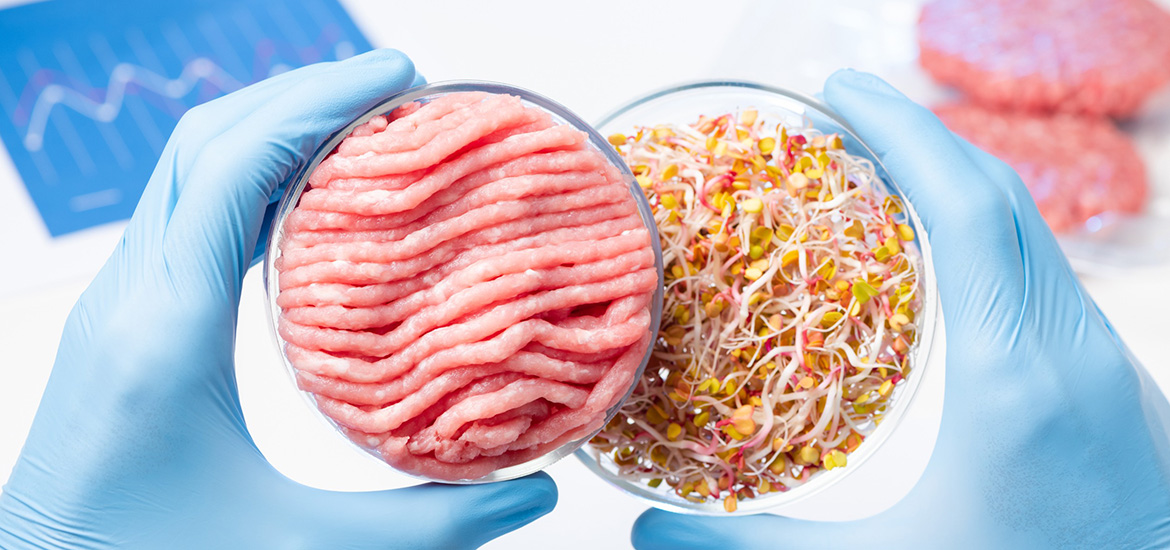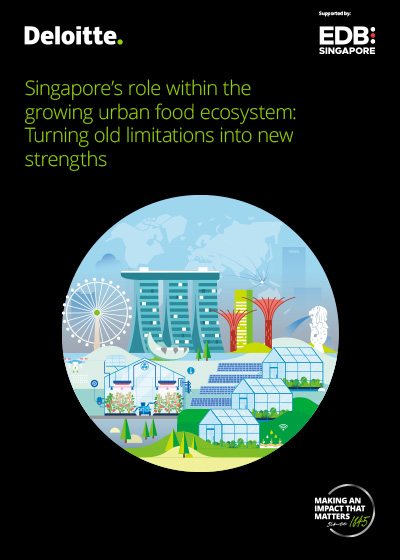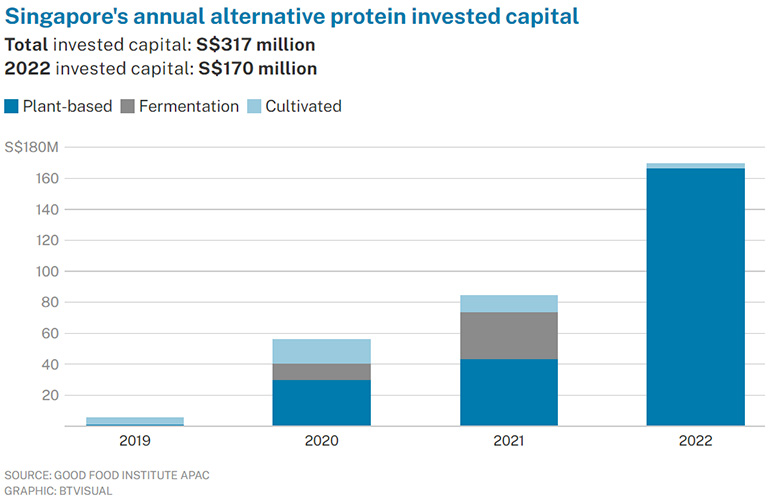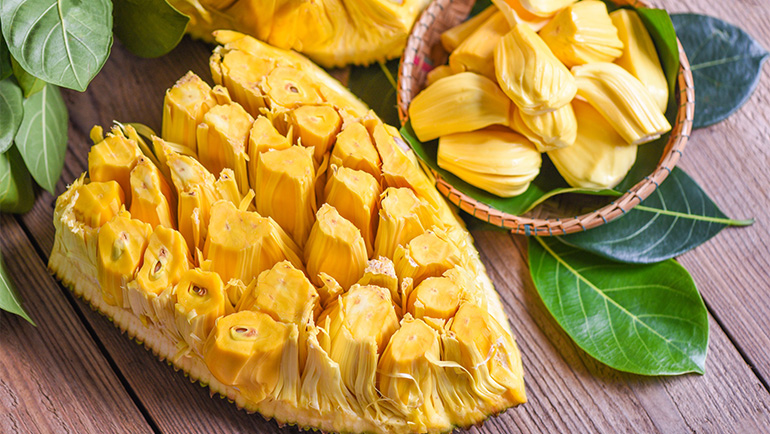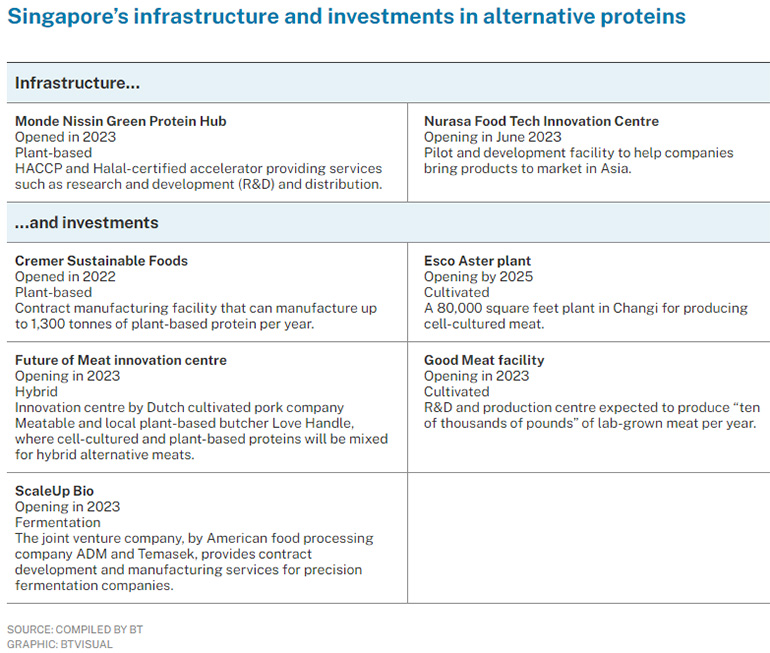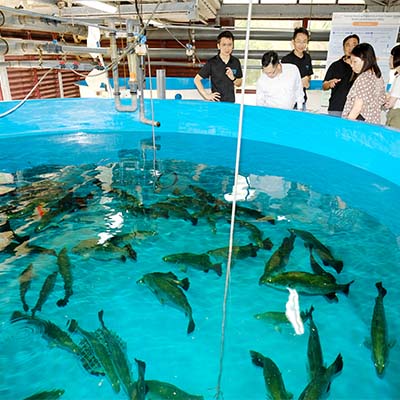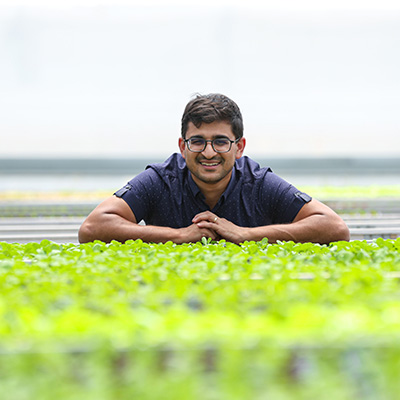Where Singapore falters is the high cost of production. This may be a reasonable trade-off in pilot stages, but not when firms ramp up production and need to become cost competitive, says Pershad. Umami Meats’ customers – manufacturers using its technology – plan to build facilities in other countries.
For cultivated meats, which face the most regulatory hurdles, another question is whether Singapore will lose its edge once other countries catch up in approvals.
The United States may be inching closer to this, with two producers having received pre-market approval for their cultivated chicken products: Upside Foods last November and Good Meat on Mar 21. In Asia, China has included regulations for cultivated meat in its latest five-year agricultural plan.
“When the US has its first product sold, is that going to convince Israeli companies – all the companies we see building factories here – to just build in the US instead?” asks Pershad.
Similarly, “a lot of the Asia focus will move to China” if it passes cultivated meat regulations by 2027. “So the question is, where are the strategic advantages that Singapore can continue to be globally competitive on?”
Whether Singapore can secure its position as a manufacturing hub depends on what support the government offers to lower costs, says Menezes. “If that can be alleviated, then Singapore could play a bigger role (in manufacturing).”
Still feasible
One cost-effective way to scale up production here is to use contract manufacturers, suggested some observers.
Entrepreneurs could tap Singapore’s Contract Development and Manufacturing Organisation to “drive volume, reduce cost and move towards price parity with conventional protein”, says investor Yip.
Thomas Chou, Co-Head of Morrison Foerster’s Asia Private Equity practice, expects increased regional use of contract manufacturers for all three alternative protein categories. High-quality contract manufacturers with a reputation for safety and consumer insights can help companies commercialise successfully, he adds.
Some startups are already doing this. Last year, Dutch company Meatable announced a partnership with contract manufacturer Esco Aster to produce its cultivated pork products in Singapore.
As a contract manufacturer, SGProtein has seen growing interest from Asia-Pacific companies – including established brands – to collaborate on products, says Kull.
Even without taking the contract manufacturing route, some companies are not fazed by Singapore’s costs, believing that automation and technology can bring these down. For them, the city-state’s strengths outweigh these concerns.
“We think the combination of land, energy and skilled labour makes Singapore a solid place to build manufacturing-centric operations,” says Josh Tetrick, Co-Founder and CEO of Eat Just and Good Meat. He sees Singapore as a hub for both R&D and manufacturing, and plans to keep investing in both areas.
